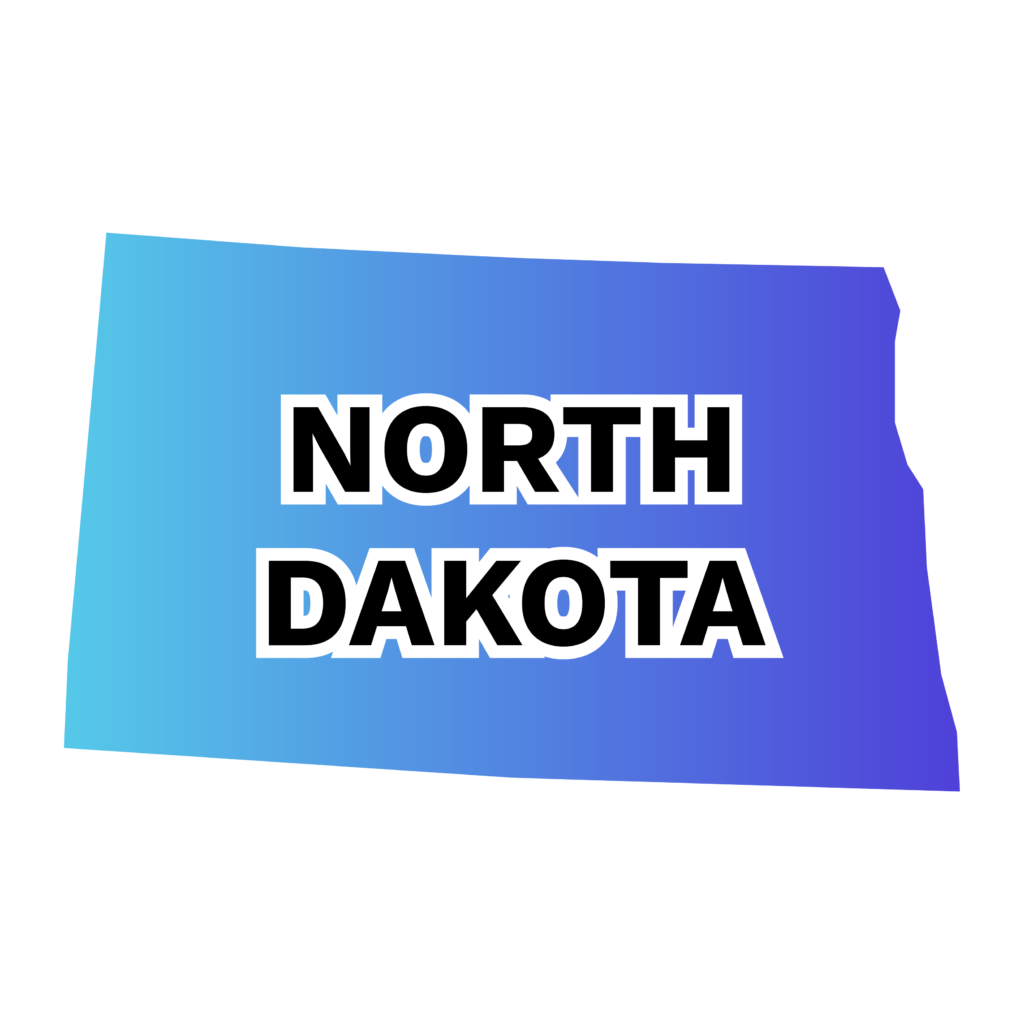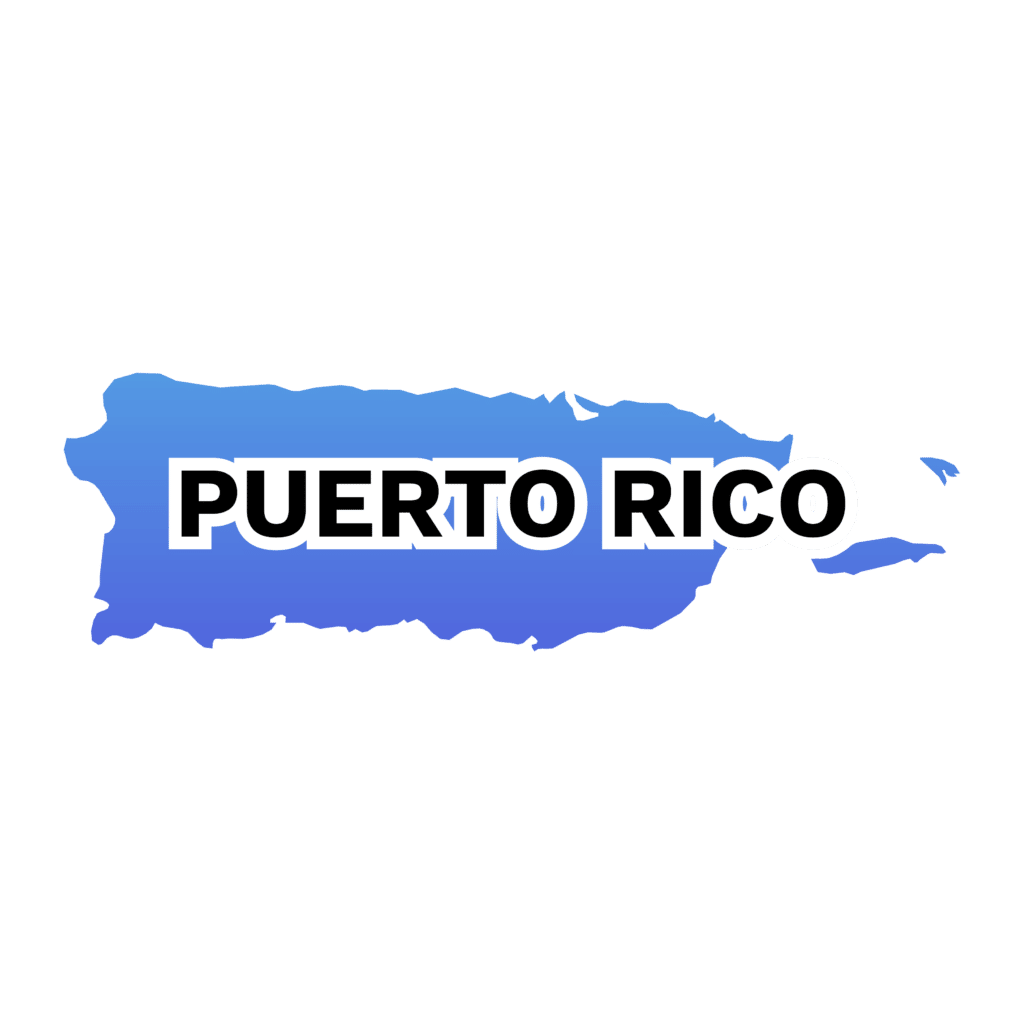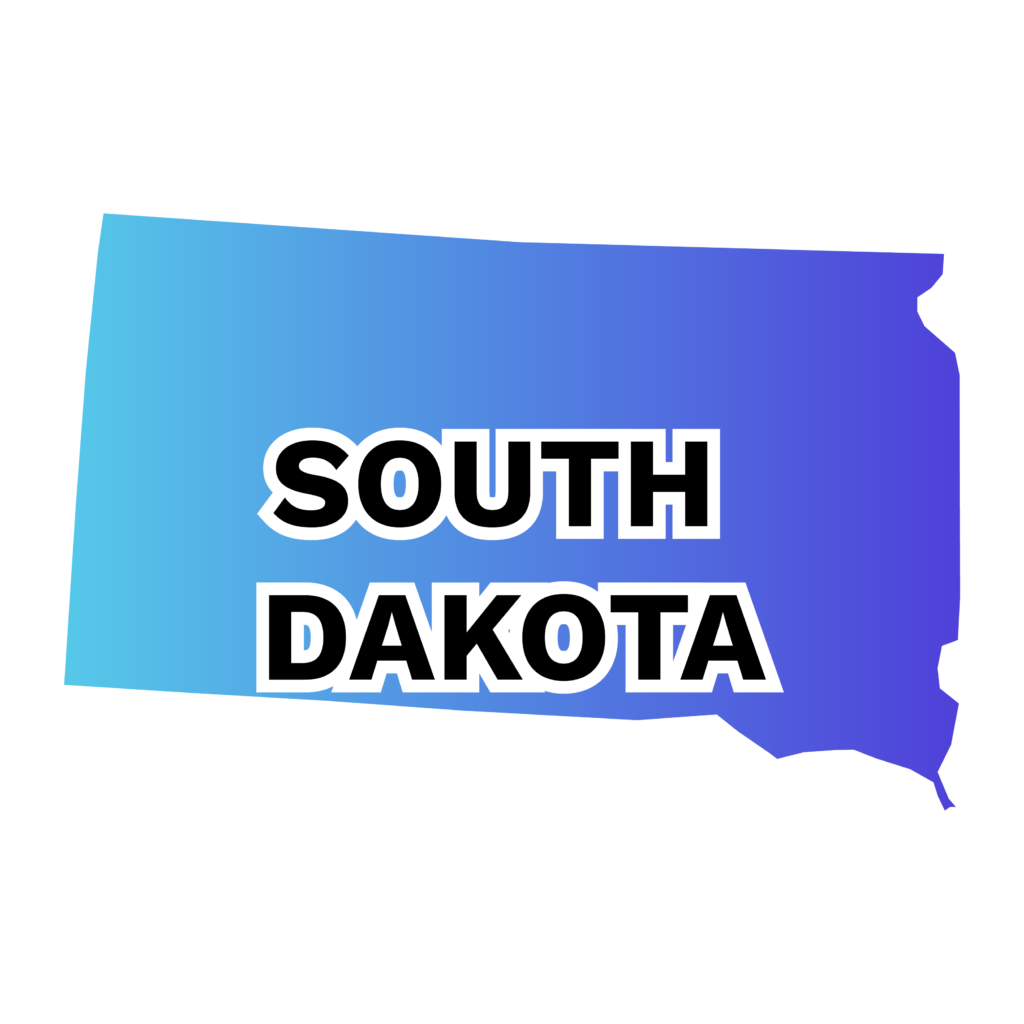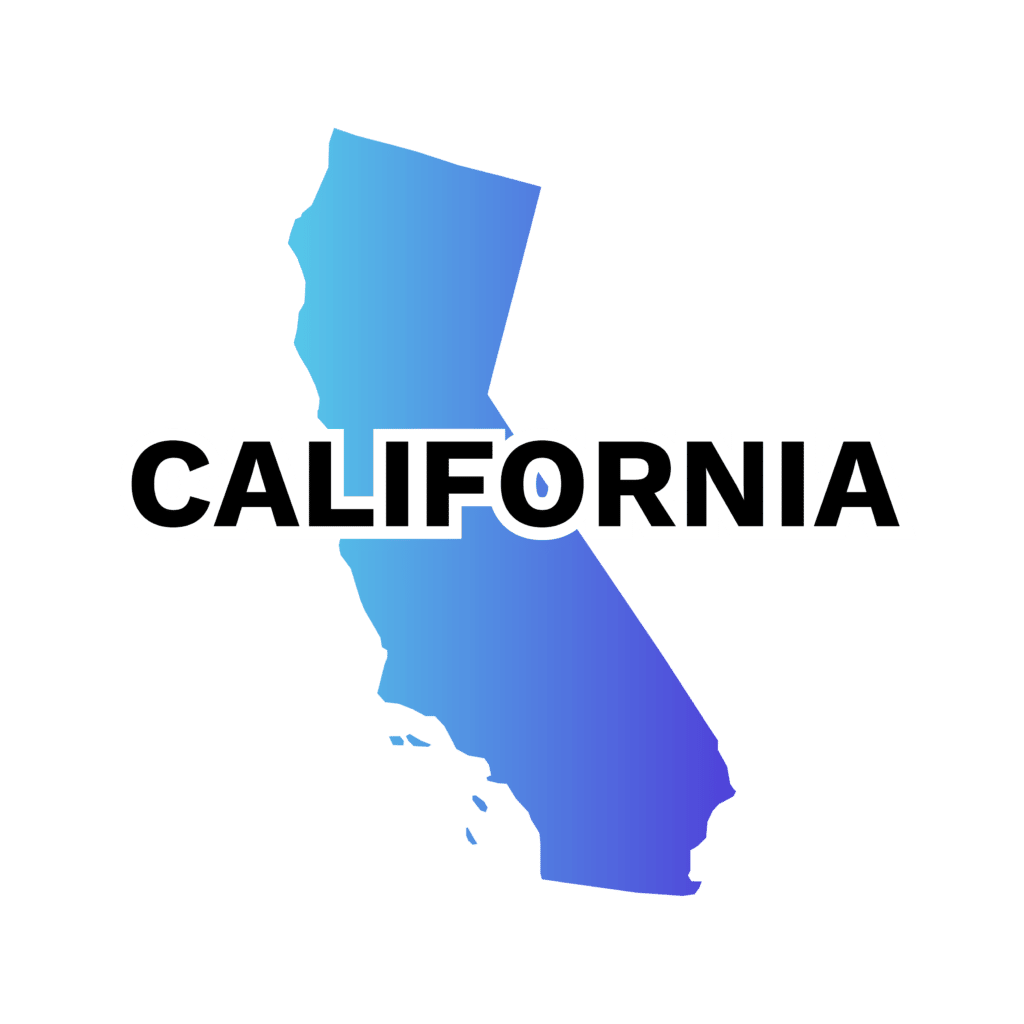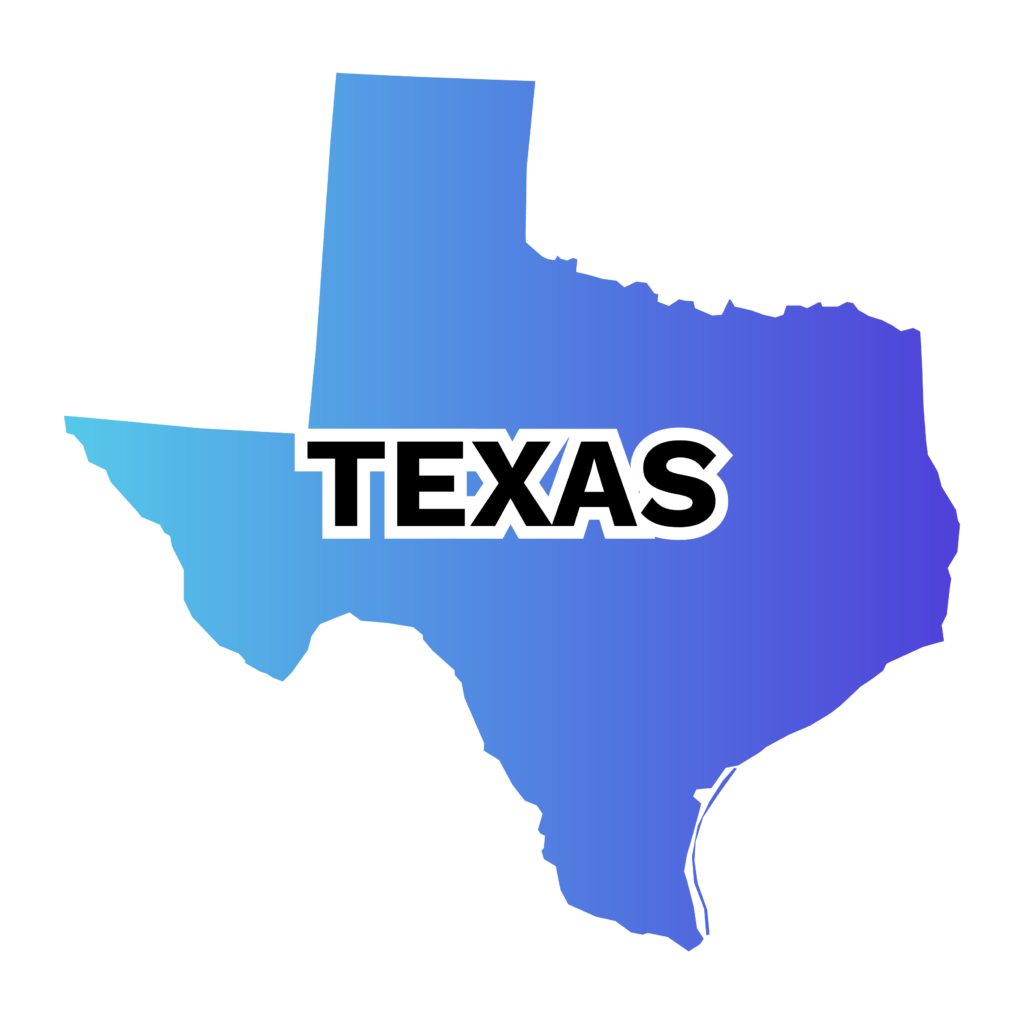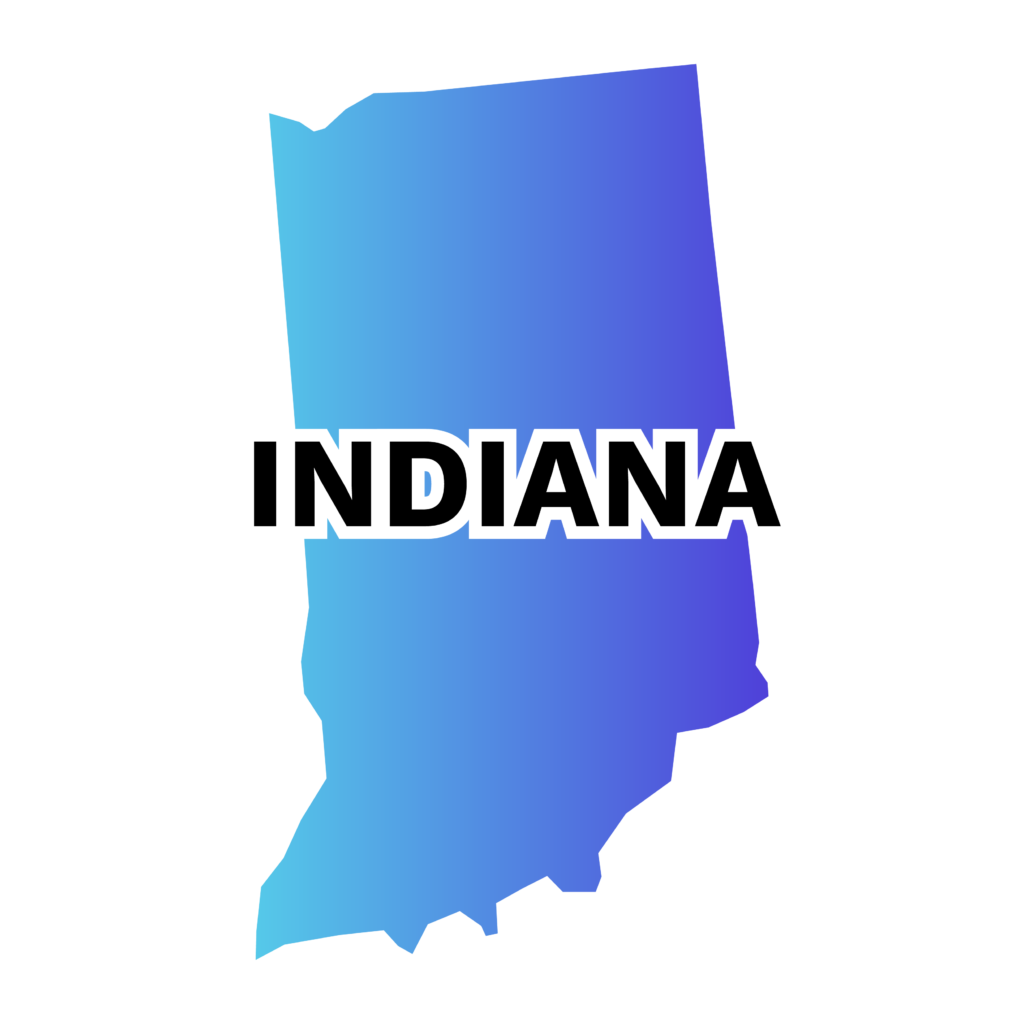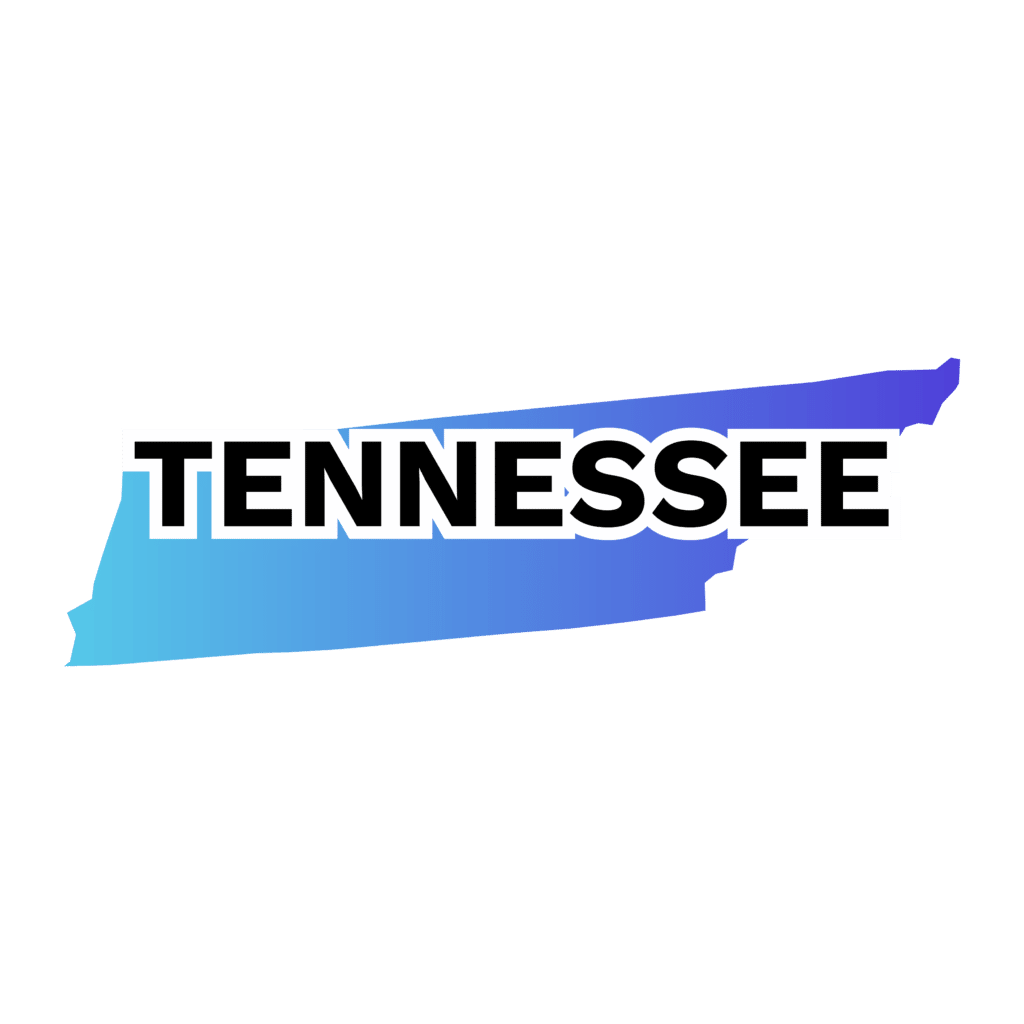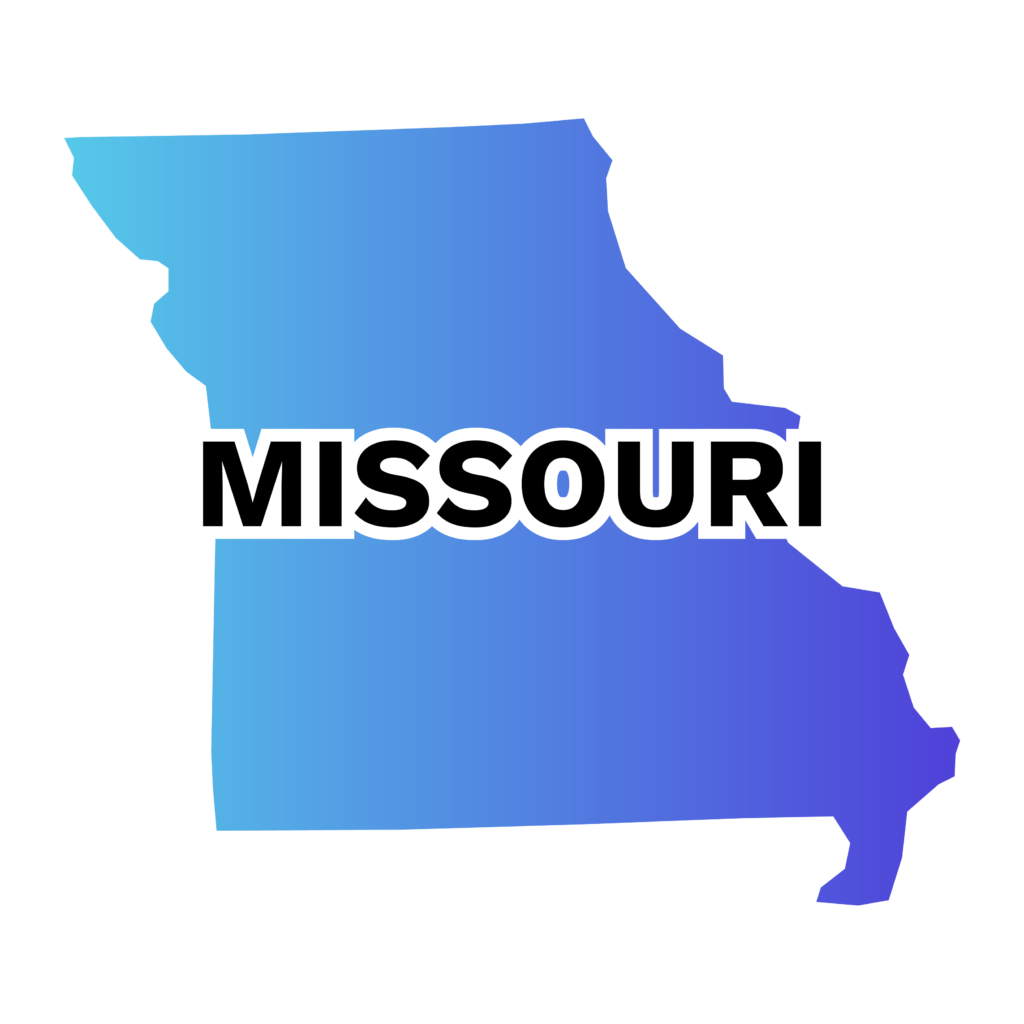In the dynamic world of finance and accounting, the role of a Certified Public Accountant (CPA) is more crucial than ever. With a growing shortage of CPAs across the industry, there’s an increasing demand for professionals equipped with the expertise and credentials to navigate the complexities of accounting. This makes the pursuit of a CPA certification not just a goal, but a significant career opportunity for anyone interested in the field of accounting.
New York, often referred to as the financial capital of the world, presents a unique and lucrative landscape for aspiring CPAs. The state’s vibrant economy, driven by over 20 million residents with an average annual salary of just over $81,000, creates a substantial need for skilled accountants. This demand is not just in high finance but also in helping individuals and businesses manage their financial affairs effectively.
For those drawn to the allure of the Big Apple and aiming to make their mark in the accounting world, New York offers a wealth of opportunities. However, becoming a licensed CPA in New York requires specific steps and a deep understanding of both the profession and the unique financial environment of the state.
Here’s a comprehensive guide to help you navigate the path to becoming a licensed CPA in New York:
CPA Licensure Snapshot: Steps to Get a CPA License in New York
Embarking on the journey to become a CPA in New York is a commitment to excellence in the field of accounting. The process combines rigorous education, a comprehensive examination, and practical experience. Below is a snapshot of the steps involved in the New York CPA licensure process:
- Meet Education and Experience Requirements: In New York, aspiring CPAs must complete 150 semester hours of college education from an accredited institution, including a specific number of hours in accounting and business courses. Additionally, you need to accumulate relevant work experience under the supervision of a licensed CPA. As explained on this New York CPA Reddit thread, there are some CPA candidates who sat for the CPA exam before reaching the 150 credit hours. Here is their personal experience with the 120 rule:
- Pass All Sections of the CPA Exam: Preparing for the CPA exam in New York is a critical step. Many candidates opt for a CPA review course to effectively bridge the gap between their current knowledge and what’s required for the exam.
- Submit CPA License Application Paperwork: Accurately complete and submit all required documentation to meet the licensure requirements of New York State.
- Pay the CPA License Application Fee: This is an essential step in finalizing your application process.
Note: As explained on this New York CPA Reddit thread, there is a way you can sit for the CPA exam before reaching the 150 credit hours. Here is their personal experience with the 120 rule (which is also explained below):
Yes, you can sit for the exams before getting all 150. I’m in NY and sitting with the 120 rule. You need a bachelor’s and one of each course in taxation, cost or managerial accounting, financial accounting, audit. The last two need to be upper level courses. The 150 involves a certain number of overall accounting credits and overall business credits.
– Reddit user
CPA Requirements in New York
New York State has specific requirements that differ from other states:
- Minimum Age: 21 years is required.
- US Citizenship: Not required to take the exam.
- Residency: Not required.
- Social Security Number: Required.
- Bachelor’s Degree or Higher: Required, with specific educational criteria.
New York CPA Education Requirements
According to NASBA, there are currently 4 options for becoming a CPA when it comes to education:
Option 1: 120 Licensure Requirement
This option is for candidates who applied for licensure and completed their education before August 1, 2009. The requirements include:
- Completion of a Registered 120 Program: Approved by the New York State Education Department (NYSED). Candidates must complete the Registered Program Form.
- Bachelor’s Degree with a Major in Accounting: The degree should be from a school accredited in accounting by the Association to Advance Collegiate Schools of Business (AACSB).
- Specific Coursework: A bachelor’s or higher degree with a minimum of 120 semester hours, including:
- 24 semester hours in accounting (covering financial accounting, cost accounting, taxation, and audit and attestation).
- 21 semester hours in business and accounting (including business law, finance, statistics, and economics).
Option 2: 120 Sit Rule
This option is for those who did not apply for licensure prior to August 1, 2009, or who completed their education after this date and wish to sit for the CPA exam before completing 150 semester hours. The requirements are:
- 120 Semester Hours of College-Level Education.
- Course Coverage: Must include courses in financial accounting, cost or management accounting, taxation, and audit and attestation.
Option 3: 150 Licensure Requirement
For candidates who applied for licensure or completed their education after August 1, 2009, and have completed 150 semester hours. The requirements include:
- Completion of a Registered 150 Program: Approved by NYSED. Candidates must complete the Registered Program Form.
- Master’s Degree in Accounting: From a school accredited in accounting by AACSB.
- Extensive Coursework: A bachelor’s or higher degree with a minimum of 150 semester hours, including:
- 33 semester hours in accounting (covering financial accounting, cost accounting, taxation, and audit and attestation).
- 36 semester hours in general business.
Note: The curriculum must include studies in business or accounting communications, ethics and professional responsibility, and accounting research.
Option 4: Experience Substitution
Experience substitution is a unique pathway that New York offers for CPA licensure, recognizing the immense value of hands-on experience in the field of public accounting. This option caters to seasoned professionals who have dedicated 15 years to the industry, allowing their extensive practical experience to stand in for formal education.
It’s a testament to the state’s understanding that real-world exposure, especially in areas like auditing and financial statement preparation, is invaluable. However, candidates must remember the importance of this experience being under the supervision of a licensed U.S. CPA or New York State public accountant, ensuring the credibility and quality of their professional journey.
Additional Information
- Transcripts: Official transcripts from each institution attended must be submitted.
- International Education: Candidates with international education must have their credentials evaluated by NASBA International Evaluation Services.
- Course Requirements: Specifics on acceptable courses, including internships, CPA Review courses, and online courses, are detailed on the NYSED website.
As a CPA expert, I often emphasize the unique opportunities that New York offers for aspiring CPAs. The state’s rigorous standards and diverse financial landscape provide an unparalleled platform for professional growth. In New York, the journey to CPA licensure is not just about meeting the requirements; it’s about embracing a commitment to excellence and integrity in the accounting field. This journey, while challenging, equips candidates with the skills and knowledge essential for thriving in the ever-evolving world of finance and accounting.
– Bryce Welker, CPA Expert
Work Requirements
In New York State, the work experience requirement for CPA licensure is a crucial step that complements the educational and examination components of the certification process. Here’s an updated overview of the work experience requirements:
- Duration of Experience: Candidates must complete one year (a minimum of 1,820 hours) of work experience. This experience should be obtained after meeting the educational requirements for licensure.
- Nature of Work: The experience must be in the field of accounting. It can include providing services or advice involving the use of accounting, attest, compilation, management advisory, financial advisory, tax, or consulting skills.
- Verification by a Licensed CPA: Crucially, the work experience must be verified by a licensed CPA (Certified Public Accountant) or a PA (Public Accountant) licensed in the United States. The verifying CPA or PA must have been licensed and in good standing during the period of the experience.
- Diverse Work Settings: New York State recognizes work experience gained in various settings. This includes public accounting, private industry, government agencies, and educational institutions. The flexibility in the choice of work setting allows candidates to gain experience in a field that aligns with their career goals.
- Supervision Requirement: The experience must be supervised. The supervisor, who verifies the experience, should be knowledgeable about the candidate’s work and competent to judge the candidate’s performance.
- Documentation: Candidates must properly document their work experience. This includes maintaining records of the nature of work performed, the duration of the experience, and obtaining the necessary verification from the supervising CPA or PA.
- Quality of Experience: The focus is not just on the duration but also on the quality of the work experience. The experience should contribute to the development of skills necessary for a CPA, including critical thinking, ethical decision-making, and the application of accounting principles and standards.
By fulfilling these requirements, candidates demonstrate their practical understanding and application of accounting principles, which is essential for the CPA licensure in New York State. This hands-on experience ensures that newly licensed CPAs are well-prepared to handle the responsibilities and challenges of the accounting profession.
No Ethics Exam Requirement for New York CPA Licensure
In contrast to some other states, New York stands out for not requiring an ethics exam as part of its CPA licensure process. This distinction is important for candidates to note as they plan their path to becoming a Certified Public Accountant in New York.
CPA Exam Details
Updated CPA Exam Details Reflecting CPA Evolution
The CPA Exam is undergoing significant changes with the introduction of the CPA Evolution model, set to take effect in 2024. This new model reflects the rapidly changing skills and competencies the accounting profession requires. Here’s an updated overview of the CPA Exam details:
Uniform Requirements Across States
- Uniformity: The CPA Exam requirements are consistent across all states in the U.S., ensuring a standardized measure of competence for all CPA candidates.
- CPA Evolution: The upcoming changes under the CPA Evolution initiative are designed to better align the exam with the contemporary skills and knowledge required in the accounting profession.
Updated Exam Structure and Content
- Core Sections: Candidates must pass three core sections – Auditing and Attestation (AUD), Financial Accounting and Reporting (FAR), and Regulation (REG). Each section focuses on critical areas of knowledge and skills in accounting.
- Discipline-Specific Section: In addition to the core sections, candidates will choose one of three discipline-specific sections: Business Analysis and Reporting (BAR), Information Systems and Controls (ISC), or Tax Compliance and Planning (TCP). This allows candidates to demonstrate deeper skills in a specific area of interest or career focus.
- Scoring: A minimum score of 75 is required to pass each section of the exam.
- Exam Format: Each section of the exam includes multiple-choice questions and task-based simulations. The CPA Evolution model is expected to introduce more case studies and real-world problem-solving scenarios.
- Duration and Breaks: Each exam section is 4 hours long, including a mandatory 15-minute break. Candidates may take additional breaks, but these do not pause the exam timer.
- Adaptation to Changes: With the CPA Evolution, it’s important for candidates to stay informed about the latest changes in the exam structure and content. Review courses and study materials are rapidly adapting to these changes to provide relevant preparation resources.
Emphasis on Emerging Skills
- Focus on Technology and Analysis: The CPA Evolution emphasizes the importance of technology, data analytics, and critical thinking skills, reflecting the evolving nature of the accounting profession.
By staying informed about these changes and preparing accordingly, CPA candidates can effectively navigate the new landscape of the CPA Exam. The CPA Evolution represents a significant step towards ensuring that CPAs are equipped with the skills and knowledge necessary for the modern accounting environment.
New York CPA Exam Fees
The process of becoming a CPA in New York involves various fees at different stages of the licensure process. Understanding these fees is crucial for candidates planning their CPA journey. Here’s a breakdown of the fees associated with CPA licensure in New York:
1. Education Evaluation Application Fee
- Purpose: Before applying for any exam section, candidates must first be deemed eligible for the CPA Exam. The Education Evaluation Application assesses if candidates meet the educational requirements for their selected jurisdiction.
- Fee: $90.00
2. Exam Section Application Fee
- Application Process: Once found eligible, candidates can apply for specific exam sections. It’s important to note that candidates can apply for only one exam section per application and are advised to apply only if they are ready to take the exam.
- Fee: $344.80 per exam section
- Notice to Schedule (NTS): Upon application approval, candidates receive an NTS valid for a limited time. The exam must be taken within this timeframe, or the fees paid will be forfeited.
Refund Policy
- Non-Refundable Fees: Application and examination fees are not refundable.
- Exceptional Circumstances: In extreme circumstances, candidates may request an NTS extension or a partial refund of examination fees under specific conditions, as outlined in the Exception to Policy Form.
Additional Considerations
- Exam Credit: Candidates must pass all required test sections within a rolling 30-month period. Failure to do so results in the expiration of examination credit for each section passed outside this period, necessitating a retake.
- Materials Submission: Candidates must submit all required materials, including official transcripts and, if applicable, international evaluations, directly to CPA Examination Services.
These fees are an integral part of the CPA licensure process in New York and candidates should budget accordingly. It’s also advisable for candidates to stay updated with any changes in fees or policies by regularly checking the official NASBA website and the New York State Board of Accountancy.
Aside from that, the last thing you need to budget for any outside fees associated with the test. It’s highly recommended that you enroll in a CPA prep course to ensure you pass on the first try. You also need to calculate how much transportation will cost and account for any days of work you miss due to the test.
License Costs
There’s still one last payment to make after meeting all of the other license requirements. Application for licensure with the New York State Education Department costs $427.
You’ll also need to pay a fee whenever you renew your license. Every three years, your license expires and must be renewed for $277. Payments for this are made to the New York Department Office of the Professions.
Continuing Education Requirements for CPAs
New York actually has fairly light Continuing Professional Education (CPE) requirements compared to other states. You must meet all CPE requirements every 3 years; these consist of 4 hours of professional ethics courses, and either 24 contact hours concentrated in a single recognized subject area or 40 contact hours in a combination of any recognized subject area.
The easiest way to fulfill these requirements is with an online CPE provider like Illumeo. Despite how inconsequential it may seem, this is important— so stay on top of it!
Local CPA Organizations in New York
These organizations provide valuable resources, networking opportunities, and professional development for CPAs and accounting professionals in New York.
New York State Society of Certified Public Accountants (NYSSCPA): One of the largest state accounting organizations in the U.S., the NYSSCPA offers resources, education, and advocacy services for CPAs in New York State.
American Institute of CPAs (AICPA) – New York: The AICPA is a national organization with a significant presence in New York, providing standards, certification, education, and advocacy for the CPA profession.
National Conference of CPA Practitioners (NCCPAP) – New York Chapters: With multiple chapters in New York, NCCPAP provides advocacy, education, and networking opportunities for CPAs.
The Accountants Club of America: Based in New York City, the Accountants Club of America offers a forum for accountants and financial professionals to network and discuss industry trends and challenges.
NY Exam Information and Resources
For more information, please contact:
State Education Department
Division of Professional Licensing Services
89 Washington Avenue, 2nd Fl. East Mezzanine
Albany, NY 12234-1000
Phone: 518-474-3817 Ext. 270
FAQs
CPA scores don’t expire in New York as long as you’ve passed all parts of the exam. However, there’s a 30-month time limit to pass all parts of the exam. This is longer than the original 18 months previously upheld by the NASBA. If you haven’t completed everything within 30 months of the first test you took, then that score will expire and you’ll have to start from square one!
It depends on where you’re starting from. If you already have your degree and work experience, then it only takes about a year to complete the tests and receive your license. But if you’re just getting started, it’ll take at least 5 years to meet all the prerequisites.
In New York, CPA candidates must complete 33 semester hours in accounting for the 150-hour licensure requirement, or 24 semester hours for the 120-hour requirement. These credits should include courses in key areas like financial accounting, cost accounting, taxation, and audit and attestation.
Prospective CPAs in New York should budget for an Education Evaluation Application Fee and an Exam Section Application Fee. The former is priced at $90.00, while the latter costs $344.80 for each exam section.
New York diverges from some other states by not requiring an ethics examination for CPA licensure. Nonetheless, CPAs are expected to adhere to stringent ethical standards in their professional endeavors.
Yes, New York recognizes accounting experience from diverse sectors, including private industry, government, and academia. The key requirement is that the experience must be supervised and verified by a licensed CPA or Public Accountant.
Yes, to maintain CPA licensure in New York, CPAs must complete continuing professional education (CPE). The specific requirements include completing a certain number of CPE hours over a defined period, with specific courses in ethics and other areas.
If a candidate fails a section of the CPA exam in New York, they can retake that section in a future exam window. There is no limit to the number of times a candidate can retake a failed section, but all four sections must be passed within a 30-month rolling period.
New York, in compliance with the Americans with Disabilities Act (ADA), provides accommodations for CPA exam candidates with disabilities. Candidates can request special accommodations during the application process, which may include additional time, separate testing rooms, or other necessary adjustments.
Bryce Welker is a regular contributor to Forbes, Inc.com, YEC, and Business Insider. After graduating from San Diego State University, he went on to earn his Certified Public Accountant license and created CrushTheCPAexam.com to share his knowledge from reviewing hundreds of accounting courses while helping thousands of other accountants become CPAs. Bryce was named one of Accounting Today’s “Accountants To Watch” among other accolades. As Seen On Forbes
